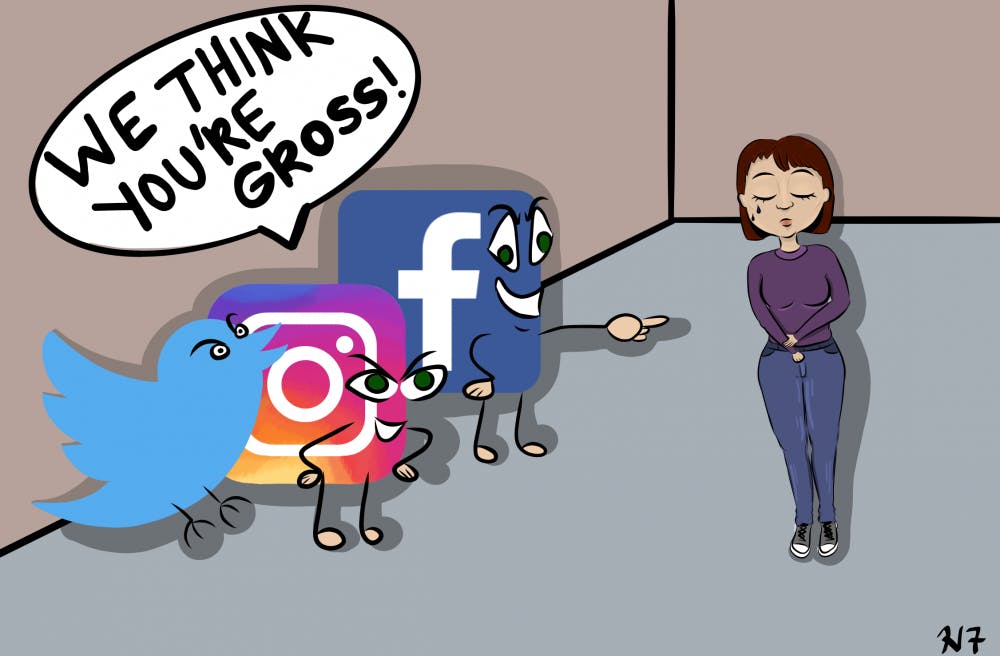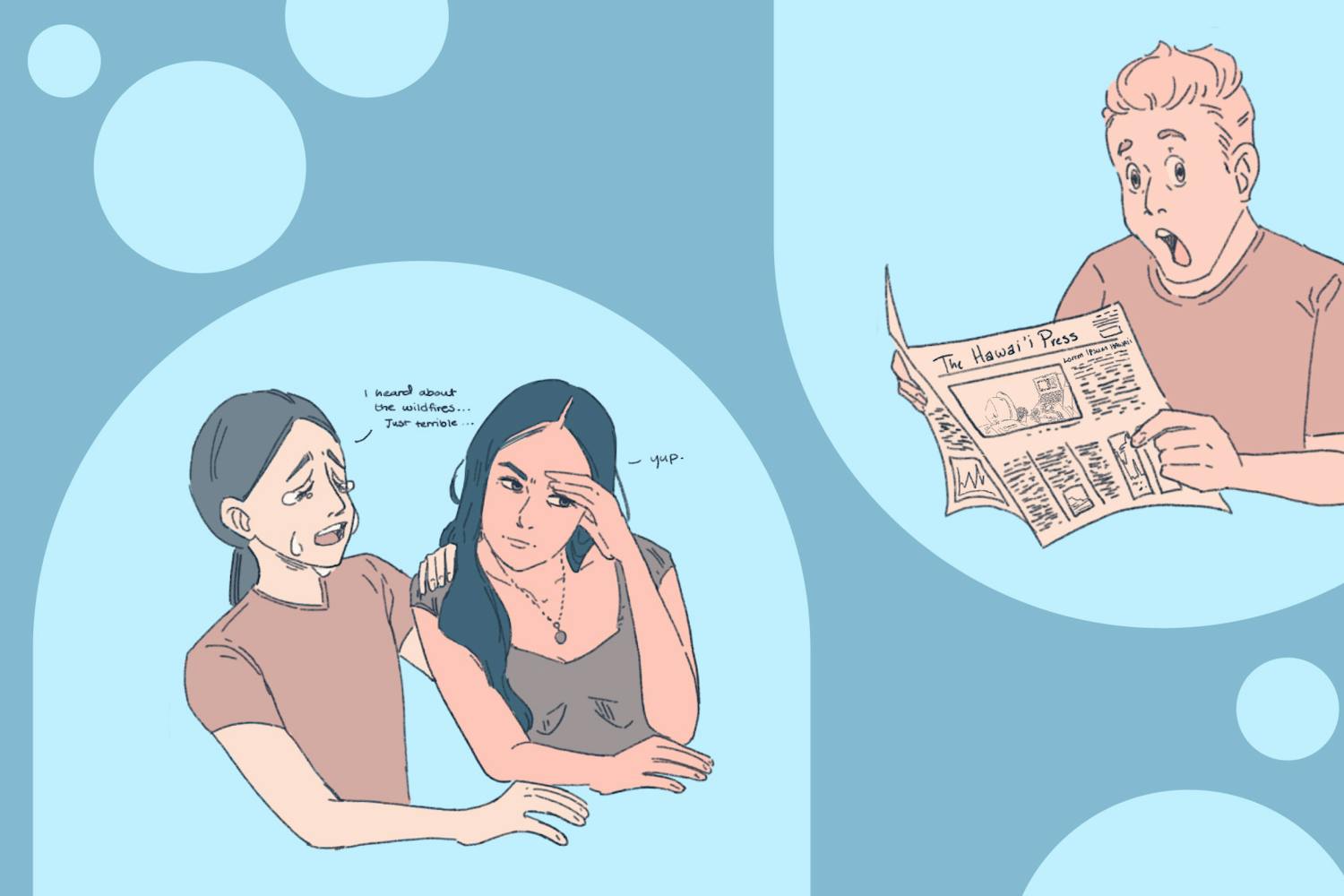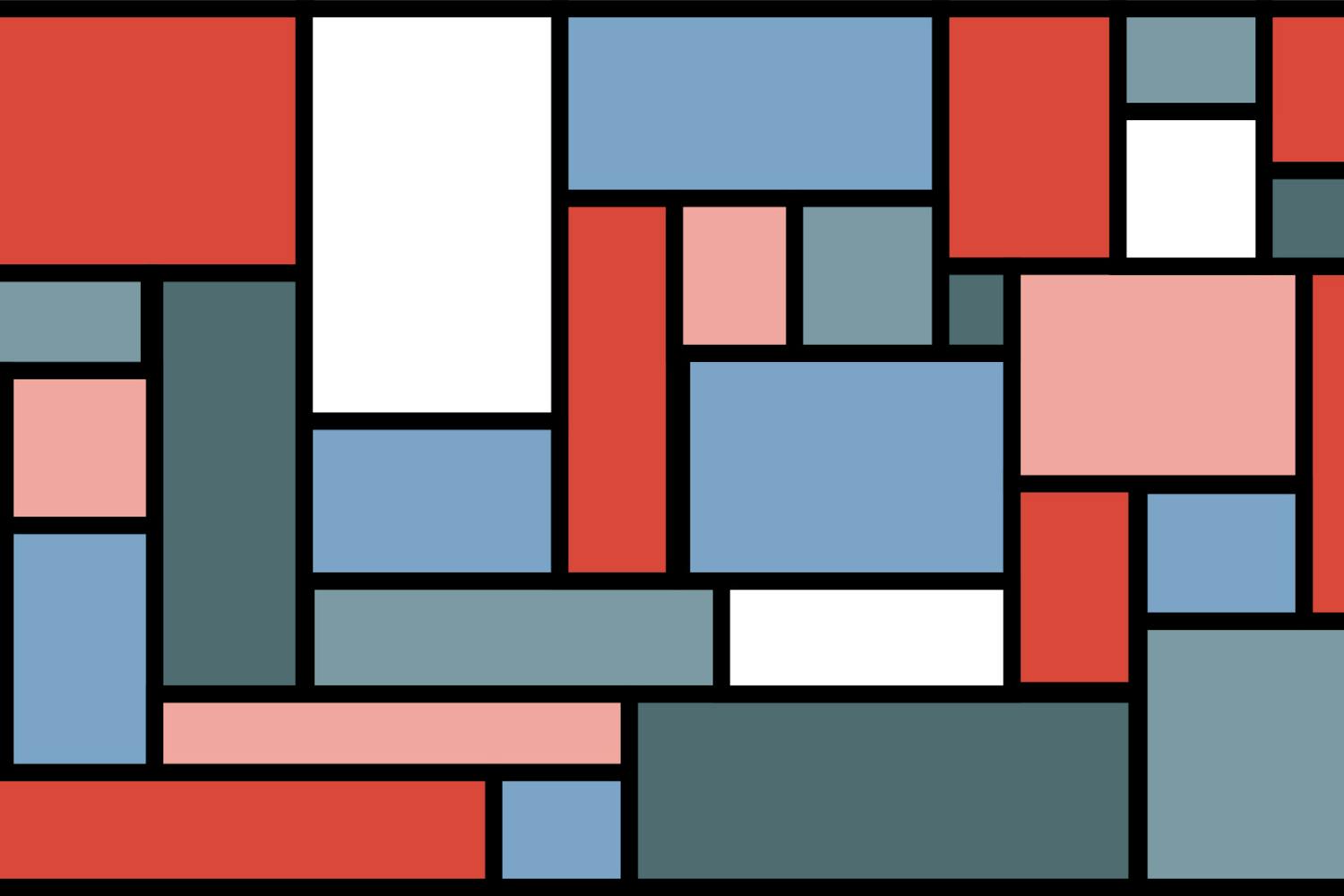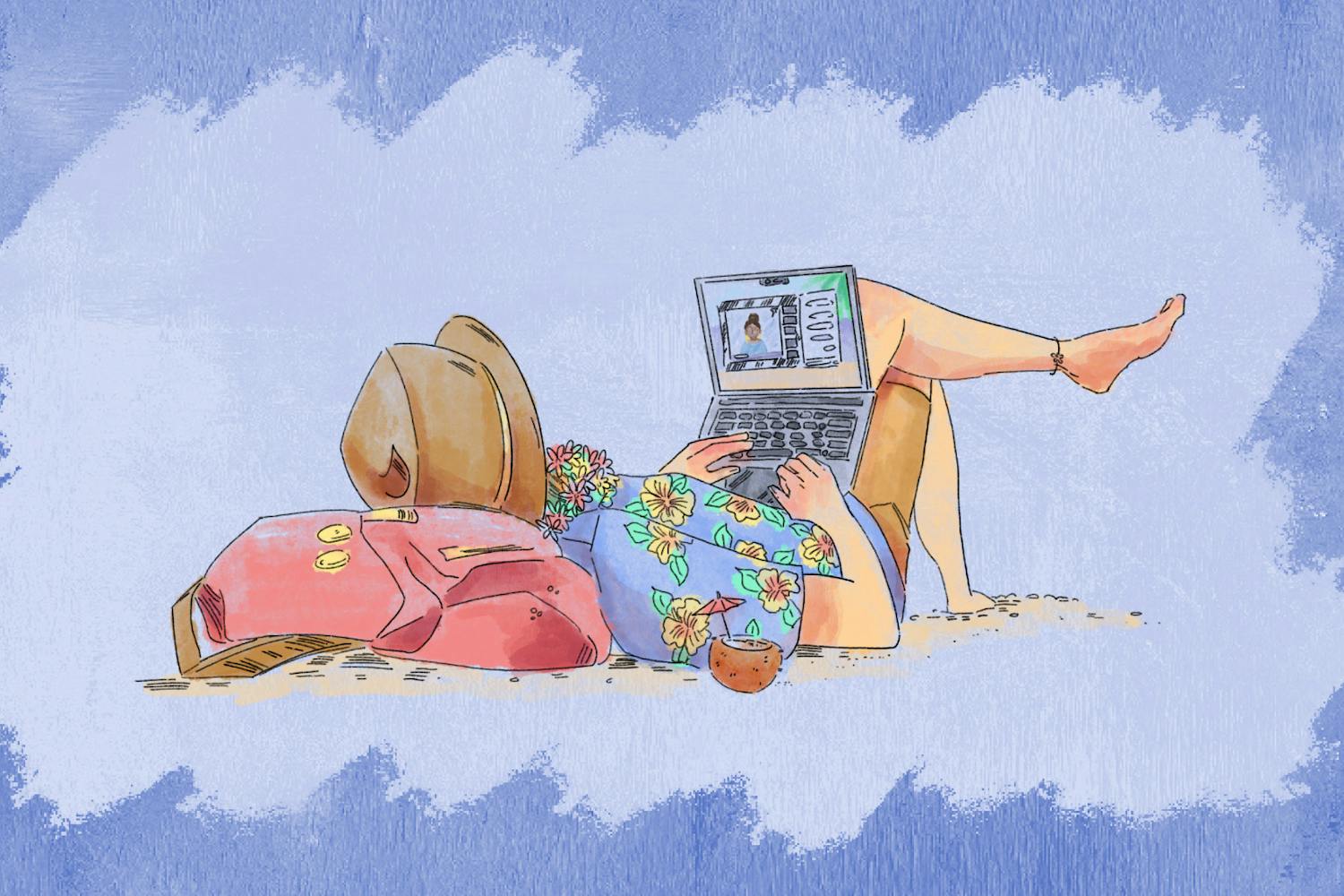After writing an article for Teen Vogue entitled “Donald Trump Is Gaslighting America,” journalist Lauren Duca received a disturbing backlash.
“This planet belongs to the white man, you’re going to the camps!”
“You messed up you little feminist. I’m in the process of hacking you as we speak.”
“Get cancer you ugly b****.”
Duca has since faced harassment from hundreds of strangers online, especially via Twitter and email. In the most extreme case, Martin Shkreli (known for raising the price of a medication used to treat AIDS and cancer patients from $13.50 to $750) began editing photos on his Twitter page to falsely depict he and Duca as a couple, despite the fact they’ve never met.
How is this allowed @jack pic.twitter.com/Wof8MlYHTL
— Lauren Duca (@laurenduca) January 8, 2017
Shkreli was temporarily removed from Twitter after the incident.
“Martin Shkreli is engaged in targeted harassment, and absolutely deserves to have his account suspended,” Duca says in an email.
“It’s unfortunate that the only reason people are paying attention is because he’s relatively high-profile. Trolling seems to be an automatic occupational hazard for female writers who receive any level of professional attention. That’s something Twitter needs to work harder to fix, but obviously the problem runs far deeper. Finally, for any of my personal aggressors reading this: Would I rather you leave me alone? Of course! But know that you will never, ever silence me. Every one of your messages only serves to strengthen my resolve. I promise to never stop fighting.”
To add to the issue, conservative women receive violent messages as well.
Tomi Lahren, the controversial host of “Final Thoughts with Tomi Lahren,” received a multitude of “threats on (her) life” after she criticized Beyonce’s performance at the 2016 Superbowl.
It’s not just high-profile female journalists and celebrities who face harassment from racist, sexist and homophobic often anonymous accounts, but college students as well.
Journalism junior, Kat Chapman, says she’s been attacked online for expressing her social and political opinions on Twitter.
“I’m pro-choice and there are a lot of people online who are not,” Chapman says. “So as soon as I started talking about it, I got attacked from every different point of view that you could think of. The scary thing about online harassment is they don’t care if you’re right they just care about getting the last word.”
I would rather eat my own organs pic.twitter.com/IgeCRZqk8w
— Lauren Duca (@laurenduca) January 5, 2017
Chapman says she’s unsure why men harass women online, but she thinks some of the trolling stems from the need to feel powerful.
“If you can make someone feel bad about how they think, then obviously you have the upperhand,” Chapman says.
Rachel Reinke, a women and gender studies professor at ASU, says online “trolling” is a multi-dimensional issue. She believes online “trolls” feel empowered by their anonymity to say hateful things to women online. Additionally, women who are more outspoken defy society’s expectations to be quiet and submissive.
“When the Internet started people believed gender and race would not exist, but it went the opposite,” Reinke says. “Just the fact that trolling has taken a mind of its own now as society progresses in real life the online community seems to be going backwards.”
Reinke currently teaches an online class on “cyberfeminism,” or the study of how feminism has changed and adapted to the online world.
“Broadly we look at gender through the lense of the Internet, and the Internet through the lense of gender,” says Reinke. “(We look at) how our identity has changed with the internet.”
The class utilizes several online platforms such as Tumblr and YouTube to explore the different ways feminism can be implemented and shared on the internet.
However, Reinke says she typically keeps a low-profile when it comes to sharing her views online because she’s faced enough harassment solely based on her profession.
Reinke received “hateful” emails and reviews from students after they took her WST 100 class.
“Solutions are kind of hard,” Reinke says. “The internet is a huge terrain; one thing shuts down and another comes up. (The solution) is more about changing societal attitudes.”
Reinke says the best thing to do if you are facing harassment for expressing your views is to try to distance yourself from the online platform and remember you’re not the only one who’s experienced this.
“It’s a societal problem,” Reinke says. “Remember people are capable of changing.”
Reach the reporter at Savanah.Yaghsezian@asu.edu or follow @SavSavSavanah on Twitter.
Like State Press Magazine on Facebook and follow @statepressmag on Twitter.




